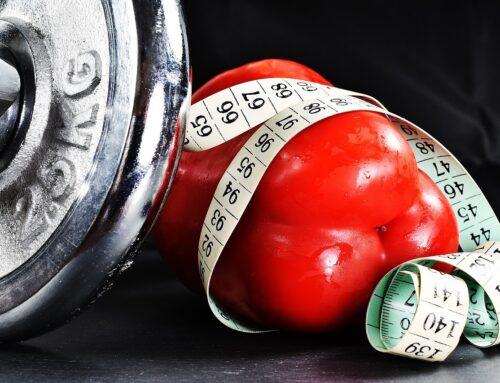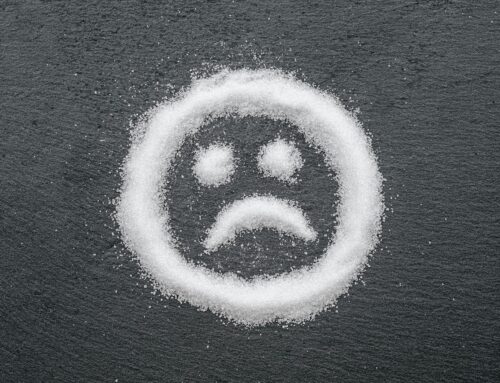Heart disease remains the number one cause of death in the US.
One way to contribute to your heart health is to manage your blood pressure. For many, there is a relationship between the amount of sodium in your diet and blood pressure. Although sodium is essential for optimal health, most people consume too much.
Often the words sodium and salt are used interchangeably, but there is a difference. Sodium is found naturally in many foods, and it is also manufactured in processed food for flavor and as a preservative for longer shelf life.
Salt is a crystal-like compound
that combines the mineral elements sodium and chloride. It is the table salt in the shaker.
If I asked you which foods contain a lot of sodium, you would likely guess chips and other snacks. You are right, but, foods like bread, pizza, canned soups, soy sauce, and salad dressings are also sodium-heavy. Most fast foods and foods served in restaurants are high in sodium as well. 2300 mg of sodium is the daily recommended allowance. That is equivalent to approximately a teaspoon of salt. If you have hypertension (including if you take medication for hypertension), it is recommended that you limit your intake to no more than 1500 mg per day.
Educating yourself and reading labels
is a strategy for understanding sodium content. With smart devices, you can look up nutritional facts on practically any food. However, seeing the sodium content on a label is only part of the equation. You must also look at serving sizes. If, for example, you are looking at a can of beans and it says it contains 600 mg of sodium. If there are 3.5 servings per can, and you are going to eat the whole can, you will be over the daily recommended allowance if you have blood pressure. 600 X 3.5 = 2,100 mg.
According to the American Heart Association, if Americans would cut back to 1500 mg of sodium per day, it could result in 25% less high blood pressure and a whomping savings of over $26 billion in health care expenses.
Eating less sodium can
reduce the risk of heart attacks, strokes, and osteoporosis. It can reduce water retention, kidney disease, and cancer. Some people are more sensitive to salt. Other factors that affect your reaction to sodium include race, weight, age, and medical issues like diabetes.
Adjusting your tastebuds to less sodium in your diet will take time and intention, but it is a way to take your health to heart.






Thank you Shannon this could not have come at a better time for me! I appreciate you❤️
And I appreciate you! Thank you for sharing. Love you with my whole heart!!
Thanks Shannon for info regarding sodium and high blood pressure. Just recently, I noticed that my blood pressure is higher than usual.
So, I’m making a conscious effort to cut back on the chips and fried food. I have been slacking in outdoor exercise too, since the weather’s been cold in the mornings.
Back to exercising soon.
I just started back making the spinach and fruit smoothies.
You are welcome my friend. I love how you make modifications when your body tells you to.